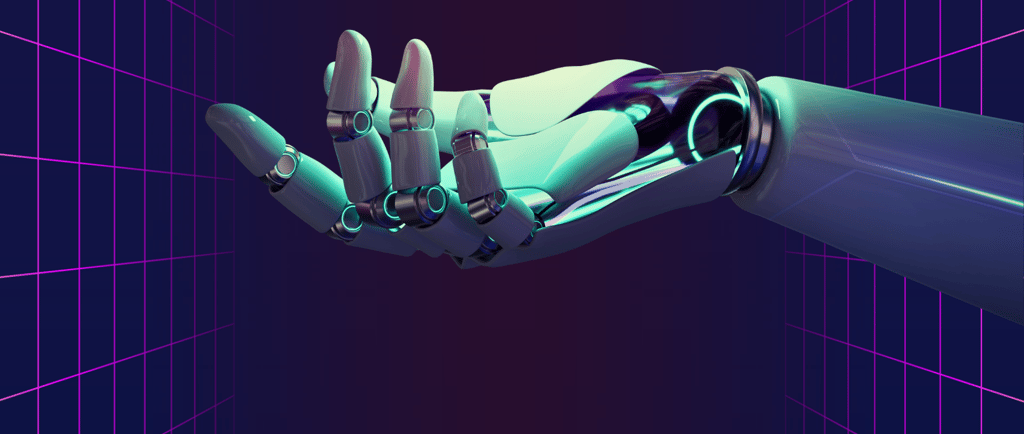First Technos: Empowering Businesses With AI
Artificial Intelligence is a powerful catalyst for transformation, enabling businesses to reimagine processes, drive innovation, and deliver value in unprecedented ways. By embracing AI technologies and leveraging them strategically, businesses can unlock new opportunities, drive sustainable growth, and shape the future of industries in the digital age. In a world where data is the new currency and innovation is the key to success, AI is empowering businesses to thrive and stay ahead of the curve in an increasingly competitive landscape.
3/3/20242 min read
Artificial Intelligence (AI) has emerged as a transformative force revolutionizing industries, reshaping business operations, and driving innovation at an unprecedented pace. From predictive analytics to intelligent automation, AI technologies are empowering businesses to unlock new opportunities, enhance efficiency, and deliver personalized experiences to customers. In this article, we explore how AI is empowering businesses across various sectors and driving the next wave of digital transformation.
The Rise of Artificial Intelligence
Artificial Intelligence, once confined to the realm of science fiction, has become a reality reshaping the business landscape. AI encompasses a broad range of technologies, including machine learning, natural language processing, computer vision, and robotics, that enable machines to simulate human-like intelligence and perform tasks traditionally requiring human intervention.
Empowering Businesses Across Industries
Retail and E-commerce: AI-powered recommendation engines analyze customer preferences and purchase history to deliver personalized product recommendations, driving sales and customer loyalty. Chatbots provide real-time customer support, enhancing the shopping experience and improving customer satisfaction.
Healthcare: AI-enabled diagnostic tools analyze medical images, detect anomalies, and assist healthcare professionals in diagnosing diseases more accurately and efficiently. Predictive analytics models identify patient populations at risk of developing chronic conditions, enabling proactive interventions and preventive care.
Finance: AI algorithms analyze vast amounts of financial data to detect fraud, identify market trends, and optimize investment strategies. Robo-advisors leverage machine learning to provide personalized financial advice and portfolio management services to investors.
Manufacturing: AI-powered predictive maintenance systems monitor equipment performance, detect potential failures, and schedule maintenance proactively, minimizing downtime and optimizing production efficiency. Robotics and automation technologies streamline manufacturing processes, improving productivity and product quality.
Marketing and Advertising: AI-driven marketing platforms analyze customer data, segment audiences, and deliver targeted advertisements tailored to individual preferences and behaviors. Natural language processing enables sentiment analysis and brand monitoring on social media, providing valuable insights for marketing campaigns.
Driving Innovation and Competitive Advantage
AI empowers businesses to innovate, adapt to changing market dynamics, and gain a competitive edge in today's digital economy. By harnessing the power of AI technologies, businesses can:
Enhance Customer Experiences: Personalize interactions, anticipate customer needs, and deliver hyper-personalized experiences that drive customer engagement and loyalty.
Improve Operational Efficiency: Automate repetitive tasks, streamline processes, and optimize resource allocation, enhancing operational efficiency and reducing costs.
Unlock Insights and Opportunities: Analyze vast amounts of data, uncover actionable insights, and identify new opportunities for innovation, growth, and market expansion.
Enable Agile Decision Making: Leverage predictive analytics and real-time insights to make data-driven decisions quickly and adapt to changing market conditions with agility.
Overcoming Challenges and Building Trust
While the potential of AI is vast, businesses must navigate challenges related to data privacy, ethical considerations, bias, and transparency. Building trust and ensuring responsible AI deployment are essential for fostering acceptance and adoption across stakeholders.


